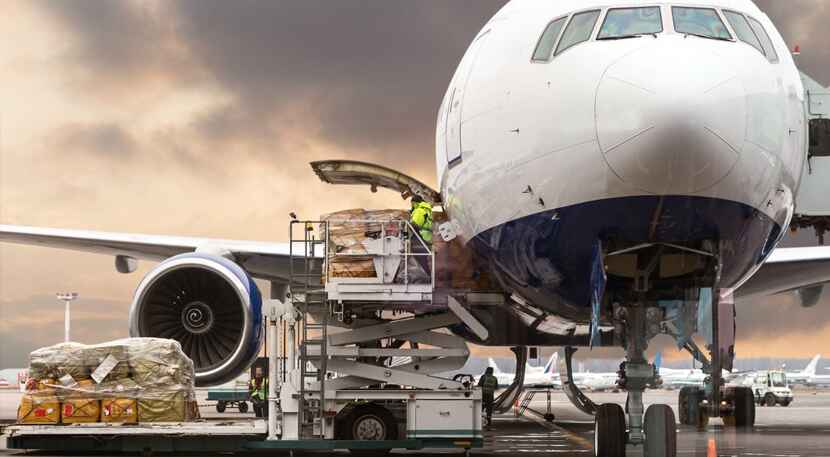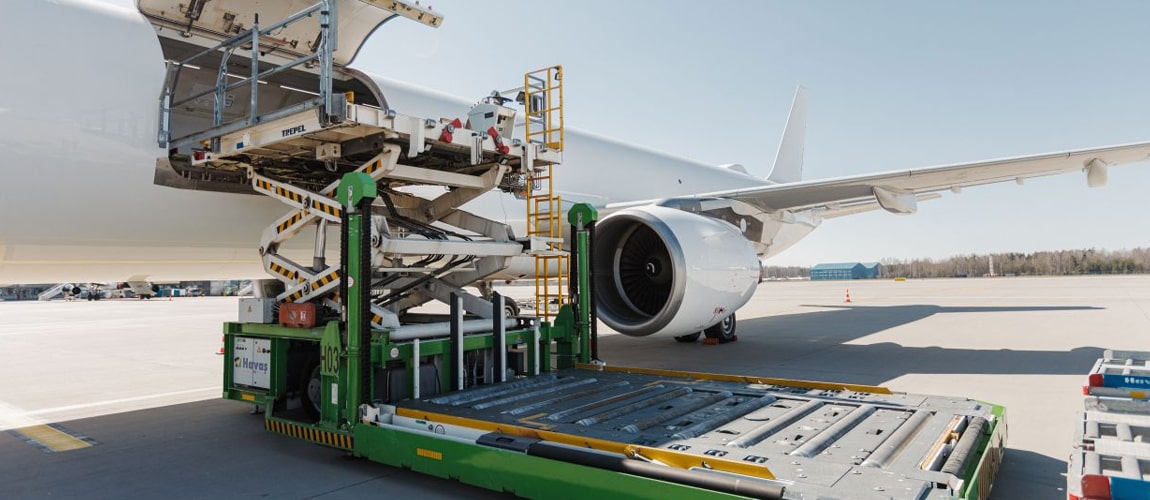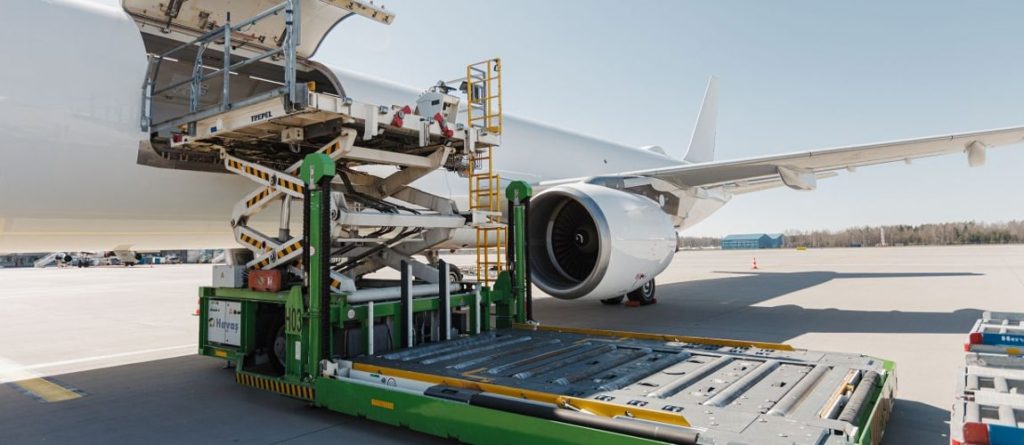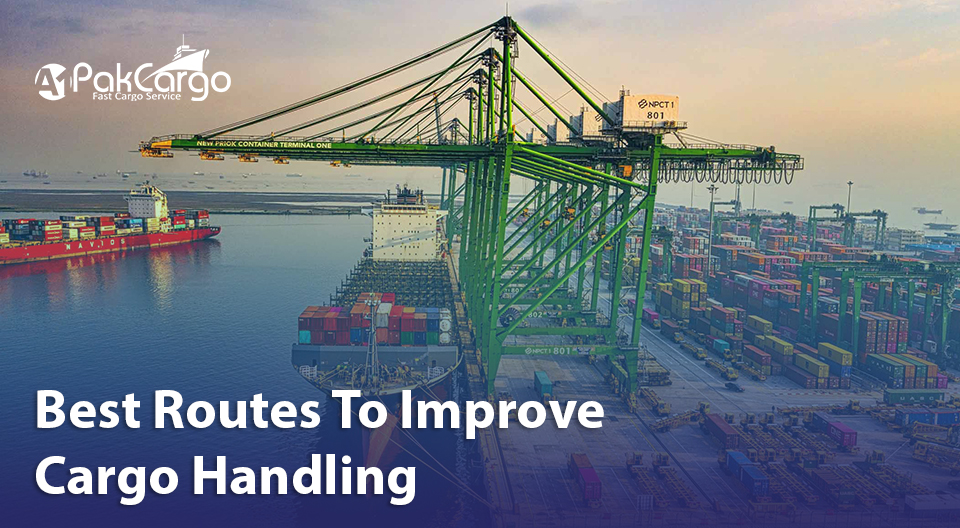Introduction
International cargo plays a vital role in the global economy, facilitating the movement of goods between countries and continents. While it may seem like a straightforward process, international cargo transport is far from simple. Various factors and protocols are involved in the intricate web of shipping goods across borders. In this blog, we will delve into the reasons behind the necessity of extra protocols in international cargo handling, exploring the challenges and complexities that necessitate additional measures to ensure a smooth and secure process.

Understanding the Importance of International Cargo
Before delving into the extra protocols, let’s first grasp the significance of international cargo. It’s the backbone of the global economy, responsible for the movement of raw materials, finished products, and everything in between. From the food on your table to the latest gadgets in your pocket, international cargo ensures that goods can reach you, no matter where they are produced.
The Complexities of International Cargo
While international cargo is vital, it is not without its complexities. The following factors highlight the intricate nature of global shipping:
Diverse Regulations: Different countries have their own regulations and customs procedures, making it challenging for cargo to move seamlessly across borders. These regulations encompass everything from tariffs and import quotas to documentation requirements.
Varying Modes of Transportation: International cargo can be transported by sea, air, road, or rail, and each mode has its own set of rules and regulations. For instance, air cargo must adhere to strict security and safety measures, while sea cargo faces unique challenges, including navigating through international waters and dealing with port regulations.
Customs Clearance: The customs clearance process is often time-consuming and labor-intensive. Import and export declarations, inspection of cargo, and payment of customs duties all form part of this essential process.
Risk Factors: International cargo is exposed to various risks, such as theft, damage, and piracy. These risks necessitate measures to safeguard the goods and ensure they reach their destination intact.
Logistical Challenges: Coordinating the transportation, loading, and unloading of cargo across borders requires precision and careful planning. Delays and logistical hiccups can be costly for all parties involved.

Extra Protocols in International Cargo
Given the complexities mentioned above, the international cargo industry has implemented extra protocols to ensure that goods are transported efficiently and securely. These additional measures are essential for the smooth flow of goods across borders. Let’s explore some of these extra protocols:
Incoterms: The International Chamber of Commerce (ICC) has established a set of standardized trade terms known as Incoterms. These terms define the responsibilities of buyers and sellers, specifying who is responsible for transportation, insurance, and customs clearance. By using Incoterms, the risk and responsibilities are clearly allocated, reducing the chances of disputes and delays.
Containerization: Containerization has revolutionized the international cargo industry. Standardized shipping containers have made loading and unloading cargo more efficient. Containers are sealed and secured, reducing the risk of theft and damage.
Bill of Lading: A bill of lading is a crucial document that serves as a receipt of goods, a contract of carriage, and a document of title. It plays a pivotal role in the shipping process, serving as evidence of a contract of carriage and ensuring that goods are delivered to the correct recipient.
Customs Brokers: Customs brokers are professionals who specialize in navigating the complex world of customs regulations. They help importers and exporters comply with the rules and regulations of various countries, ensuring a smooth customs clearance process.
Trade Agreements: Many countries enter into trade agreements that facilitate the movement of goods between them. These agreements reduce tariffs and other trade barriers, making it easier and more cost-effective to transport international cargo.

Technology and Tracking Systems: The use of advanced technology, such as GPS tracking and RFID tags, has revolutionized cargo tracking and security. Shippers can monitor the location and condition of their cargo in real-time, helping prevent theft and ensuring timely delivery.
Insurance Coverage: Cargo insurance is essential to protect goods in transit. Different types of insurance policies are available to cover various risks, such as damage, theft, or loss. Insurance provides a safety net for both shippers and carriers.
Security Protocols: Enhanced security protocols, including rigorous screening and inspection, are essential in air cargo and at ports. These measures are designed to prevent illegal activities and ensure the safety of international cargo.
Conclusion
The world of international cargo is a complex and highly regulated one, necessitating extra protocols and measures to ensure the smooth and secure movement of goods across borders. Understanding the importance of these protocols is crucial for businesses and individuals involved in international trade. By embracing standardized practices, utilizing technology, and working with experts in the field, international cargo transport can be made more efficient, cost-effective, and secure. While the complexities of global shipping will always exist, these extra protocols are vital in ensuring the continued flow of goods that keeps the world connected and economies thriving.

 07424380227
07424380227






